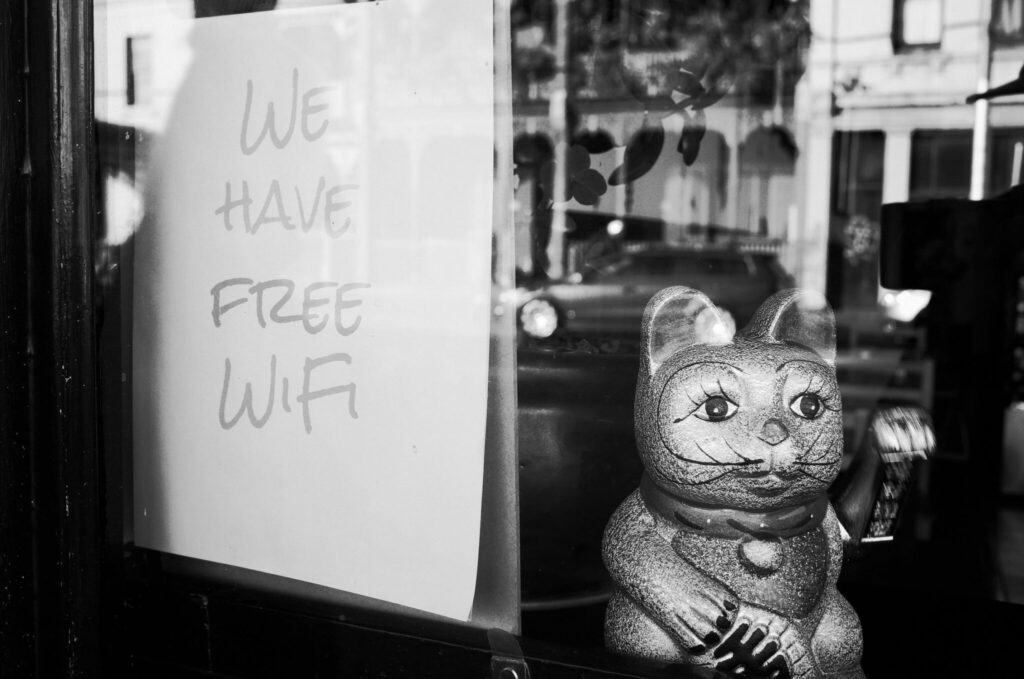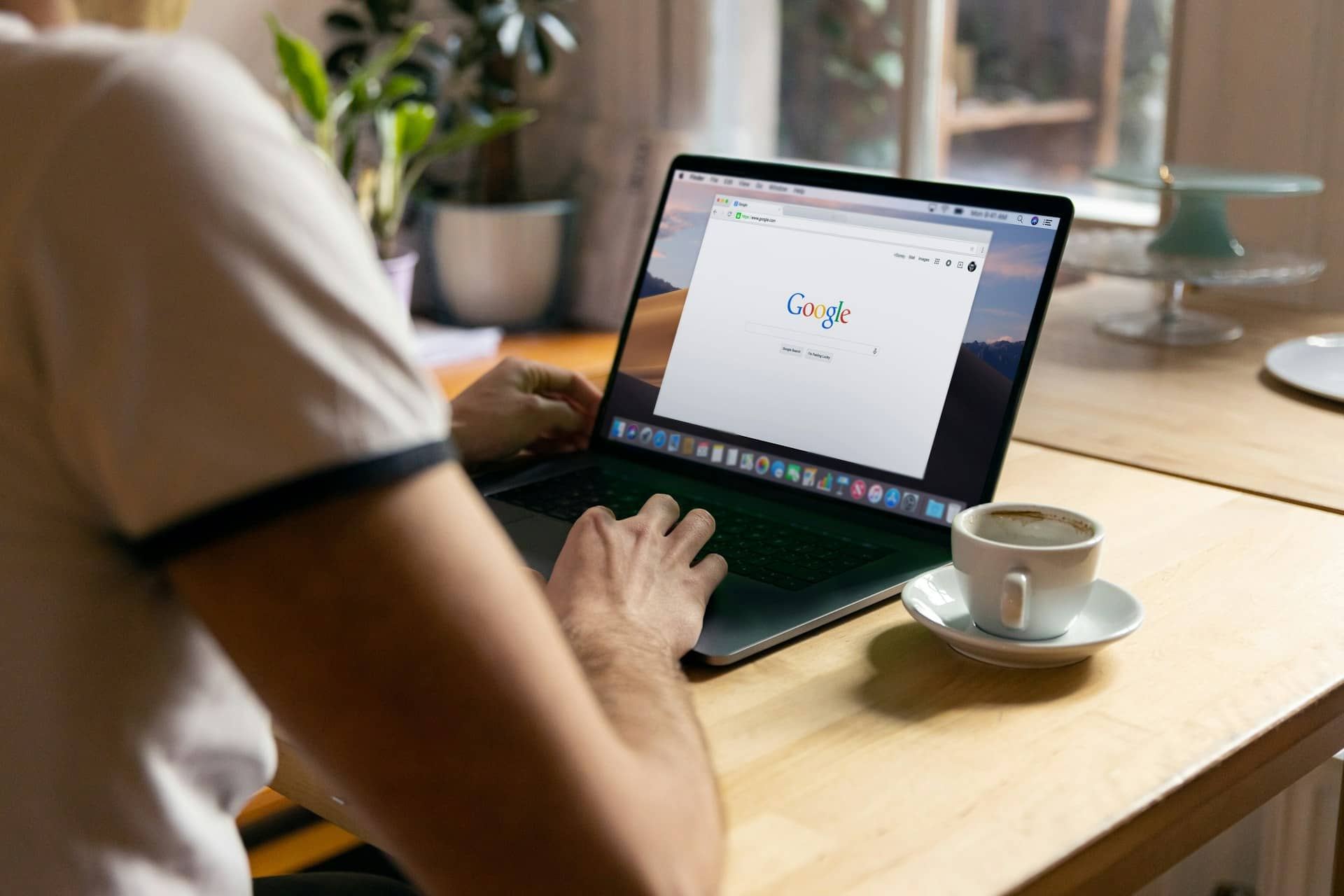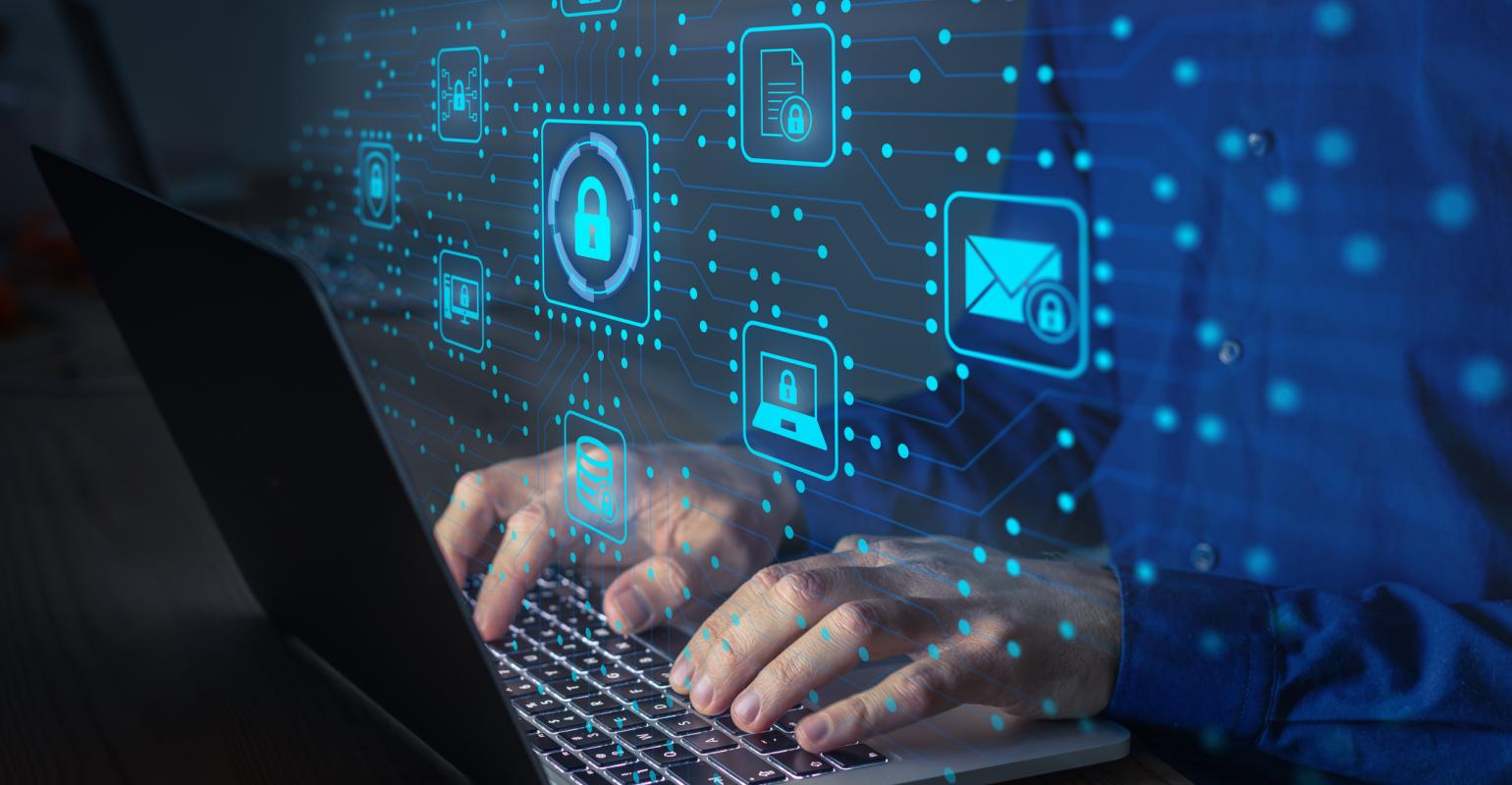To help you with this, here are the best practices to keep your data secure on public Wi-Fi:
Avoid doing online banking or accessing your sensitive data on public Wi-Fi even if you see HTTPS at the top of the sites
Doing online banking or accessing your data on public Wi-Fi is risky. Use a VPN or use your mobile data to be better protected.
Choose password-protected Wi-Fi connections
These password-protected networks are way more secure than those open networks which do not require a password. These are the restaurants or coffee shops with passwords written on the wall or could be told by the waiter because there will be fewer people who share the connection with you. STILL, precede with caution.
Keep the Windows Firewall enabled
Always turn on your firewall whether you are connecting to a public Wi-Fi network or even at home. A firewall is a network security device that monitors incoming and outgoing network traffic and permits or blocks data packets based on a set of security rules.
Ensure your computer is up to date
Using outdated software is like leaving your door unlocked. Checking you are installing updates regularly to your PC, phone and tablet. Updates are important.
Use a VPN (Virtual Private Network)
A Virtual Private Network encrypts the data between you and the server. So, once you connect to public Wi-Fi and connect to your VPN, your data is encrypted so that the people cannot snoop by monitoring the network.
You can manage the risks associated with public Wi-Fi by following these best practices.
Spread awareness.





